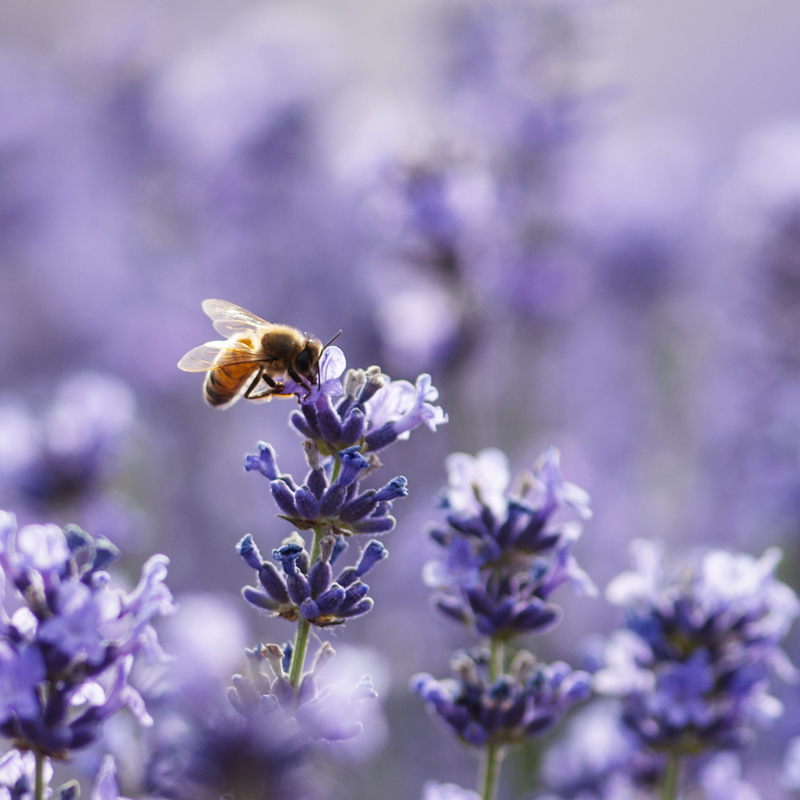A Headline Review, published in Journal of the Royal Society Interface, offers a perspective on the present and future of quantum biology.

A Headline Review, published in Journal of the Royal Society Interface, offers a perspective on the present and future of quantum biology. Quantum biology is the application of quantum theory to aspects of biology that cannot be accurately described by the classical laws of physics, and we spoke with two of the authors, Dr Tjaart Krüger and Professor Rienk van Grondelle, about the field.
What is quantum biology?
Quantum biology is the field of study that investigates processes in living organisms that cannot be accurately described by the classical laws of physics. This means that quantum theory has to be applied to understand those processes.
All matter, including living matter, is subject to the laws of physics. Biology and biological processes often deal with electrons and protons that are continuously being transferred between different parts of a cell or a macromolecular system. These transfer processes can only take place when the system exchanges energy with its environment in the form of molecular vibrations and phonons. Such a system is called an ‘open quantum system’, and special physical laws apply to it.
Good examples of biological processes in which quantum effects are visible are the transport of electrons and protons in photosynthesis, respiration, vision, catalysis, olfaction, and in basically every other biological transport process. Further examples include the transfer of electronic and/or vibrational energy, and magnetic field effects in electron transfer and bird migration.
The quantum effects manifest themselves as long-distance effects (like in electron and proton tunneling) with a characteristic temperature dependence, magnetic field effects, the participation of superposition (or delocalized) states, resonance effects, etc. The aim of quantum biology is to develop a consistent open quantum systems model that explains all these phenomena.
Why is quantum biology an important field?
Electrons, protons, excitations, chemical bonds, and electronic charges are by definition quantum, and an understanding of their dynamics requires quantum mechanics. Furthermore, these basic entities largely determine the properties of the next level of organization in biological systems – that of biomolecular complexes, whose interaction with one another, and with their environment, often cannot be described accurately without considering the laws of quantum biology.
In addition, often in biology, the environment plays an essential role in the outcome of a biomolecular process. Photosynthesis and vision are two prominent examples. Thus, to really understand biology, and the amazing selectivity of biological processes, we need quantum biology.
Quantum biology furthermore can potentially have a huge impact on numerous technologies, including sensing, health, the environment, and information technologies. For example, energy technologies might be revolutionized by bioinspired solar cells, and chemical, magnetic, and biological sensing technologies may be taken to a new level when applying the principles found in natural equivalents.
How did both of you become interested in this field?
Prof van Grondelle: Through my study of energy and electron transfer in photosynthesis. These are ultrafast processes, taking place at a timescale of 10-13–10-11 s, which I studied using ultrashort laser pulses; and already for many years, coherences and delocalized states could be observed.
It was only about a decade ago that I realized that quantum mechanical models are required to understand the observed phenomena, and to explain their high success.
Dr Krüger: I grew up with the idea that the physical and biological sciences are two disparate fields of science until I realised, during my undergraduate studies, that the laws of physics underpin the behaviour of any kind of matter, including animate matter.
The importance of quantum mechanics to understand the fundamental processes of life emerged to me during my PhD under the supervision of Rienk van Grondelle. It was amazing to discover at how many levels quantum mechanics is a very essential ingredient to the process of photosynthesis, and, as a result, to basically all of life.
What is the aim of this Headline Review?
In December 2014, we organized a workshop to discuss quantum biology and where the research field could possibly lead us. There were about 25 participants; half of whom were well-established scientists that, in one way or another, got seriously involved with quantum effects in biological systems, while the other half were students and postdocs of the research groups involved.
For three days we intensely discussed quantum effects in biology via presentations, discussions, questions by the students, and face-to-face discussions. Finally, it was decided that we would write a review article on ‘the future of quantum biology’.
The main outline of the article was to be written by the participating students and, in a follow-up stage, the more senior scientists were expected to get involved. The aim was to produce a manuscript that clearly outlined the current status of quantum biology and how we envision its future development.
In a review like this one, it is impossible to address all aspects of the vast scope covered by quantum biology. We have therefore decided to select topics that we believe, according to current knowledge, show the strongest evidence for non-trivial quantum effects in biology, topics on which current debates in the field are concentrating, and topics that show technological potential.
What is the future of quantum biology?
Scientists will increasingly realize that life and life processes are strongly connected to the physics of open quantum systems.
Without the laws of quantum mechanics, we cannot understand life and life processes. The challenge is to understand how in a wet and noisy environment (such as a protein, a membrane, a cell, and an entire organism) the ‘perfect’ laws of quantum physics survive.
In the near future we will see new experiments that will study, for example, the effects of strong magnetic fields, single molecule/system analysis, and femtosecond coherent microscopy. One challenge is to understand how quantum effects, clearly present at some level of functional description, translate into observations at a higher level of complexity.
We will see new systems being investigated, such as neurons, neural networks, and maybe the entire brain. We will see a closer connection between our further understanding of life, and our understanding of quantum informatics, quantum computing, artificial intelligence, and various other technologies.
Keep up to date with all the latest research and reviews published in Interface by signing up for table of contents alerts.




